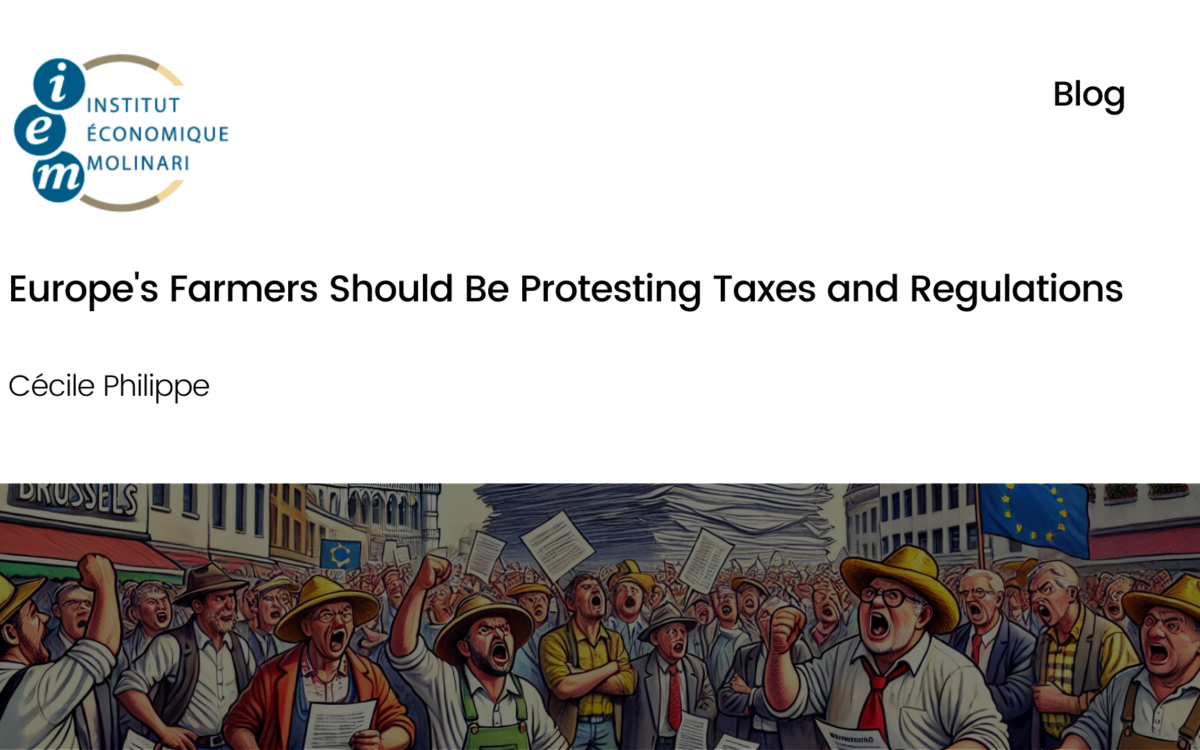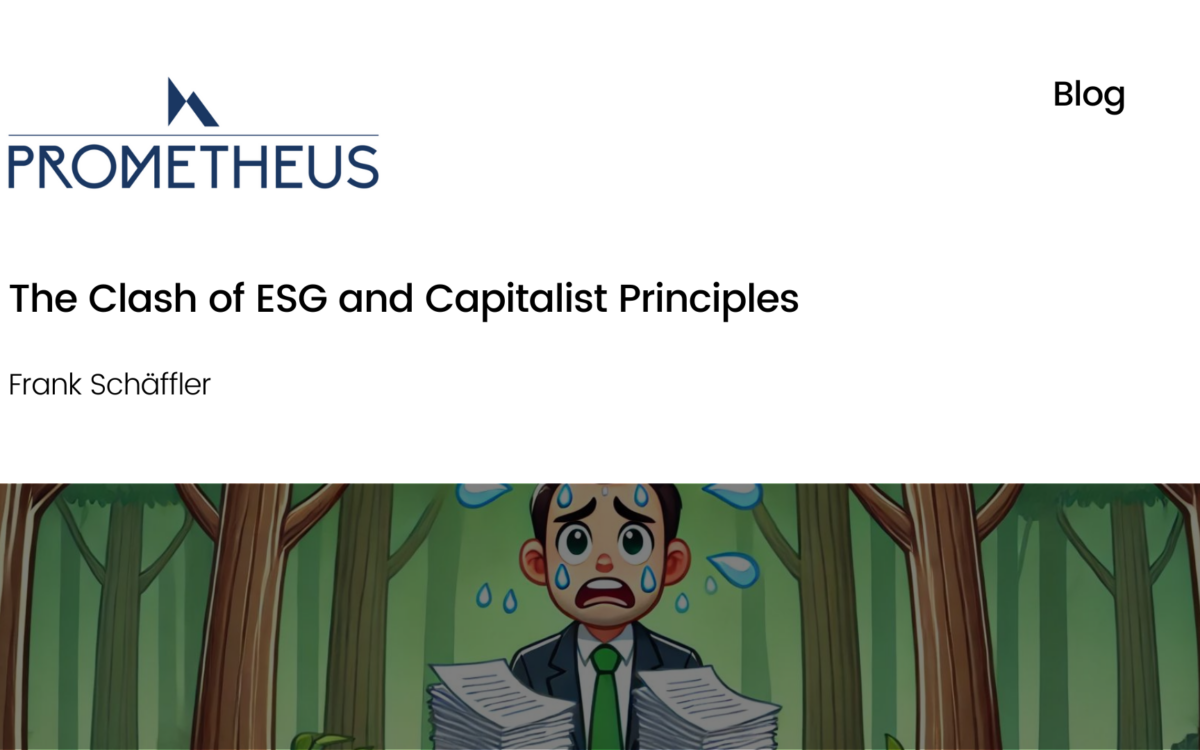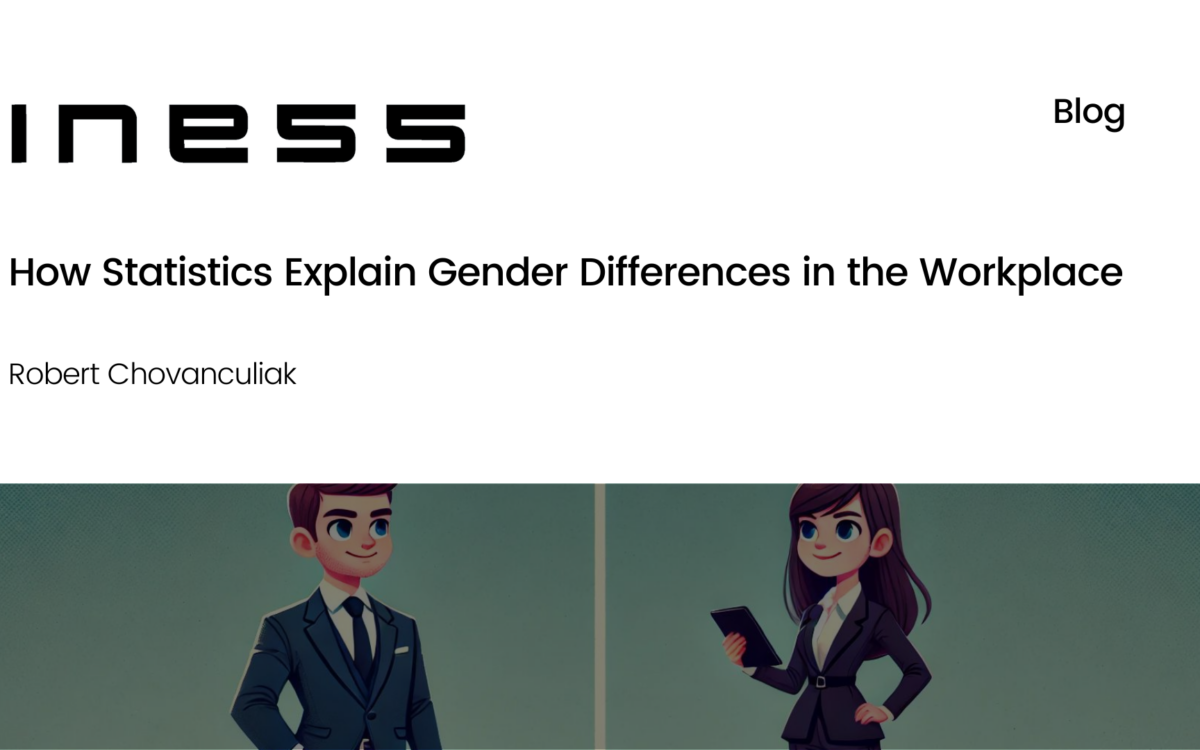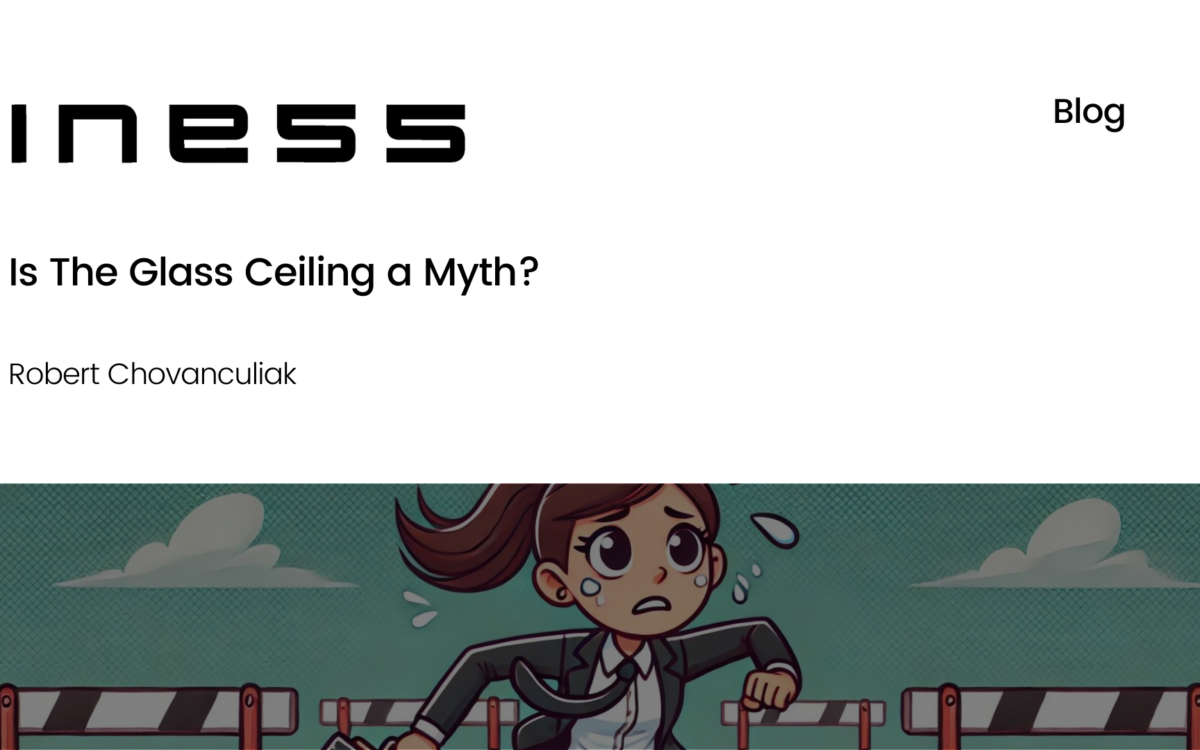New Paternalism Meets Older Wisdom

New Paternalism Meets Older Wisdom
Erik W. Matson // April 2 2024
In the early days behavioural economics was not associated with an approach to public policy. In the past twenty years, however, some behavioural economists and psychologists have developed distinctive approaches to politics. Perhaps the earliest – and certainly the most famous – articulations of an approach occurred in 2003 in two papers: ‘Regulation for Conservatives’ (Camerer et al. 2003) and ‘Libertarian Paternalism’ (Sunstein and Thaler 2003a). These papers gave rise, along with related literature, to new strategies for policy – new paternalist strategies. Such strategies, popularised especially by Richard Thaler and Cass Sunstein’s (2009) Nudge, have gained traction around the world over the last fifteen years. The new paternalism inspired the development of devoted behavioural science units in the US federal government under Barack Obama and in the UK government under David Cameron (Halpern 2015).
The new paternalism implicitly revolves around notions of decision-making failure. There is a long history of market failure theories in economics. Those theories hold that unregulated markets fail to bring about an efficient distribution of goods and services. Everyone might make the right decision for himself, but these decisions don’t aggregate into the proper decision for the population. The classic examples of market failure involve externalities such as pollution and public goods. Decision-making failure theories go beyond market failure theories, maintaining that individuals make decisions that, whether or not they harm the population, harm individuals by their own subjective standards.
The proposition that we sometimes make wrong decisions from our own perspective is intuitive; the new paternalism brings research from cognitive psychology and neuroscience to bear on the intuition. The new paternalists argue that we predictably act against our true desires because of various elements of our psychology. We would like to select healthy snack options, but sometimes the salient positioning of a candy bar, combined with our hunger, leads us to do otherwise (Read and van Leeuwen 1998). Decision-making failures are exacerbated by our cognitive limitations and errors in reasoning. Complex situations can be overwhelming (Beshears et al. 2008: 1788–89) and can lead us, for example, to opt for poorly understood default options in retirement contributions (O’Donoghue and Rabin 1999; Iyengar et al. 2004) or education options for our children (Thaler and Sunstein 2009: 201–8). Even in instances when we have a good sense of what we want, along with the willpower to realise our wants, we sometimes make calculation or ‘characterization’ mistakes (Bernheim 2016: 48), such as in assessing the value of financial assets (Ambuehl et al. 2022).
In recognition of our decision-making failures, the new paternalism looks to change aspects of our choice environments – i.e. the physical and ideational contexts of choices – such that those environments cooperate with our psychology and help us to do what we really want to do. This effort at influencing choice by altering our decision-making environments is often called ‘choice architecture’. A famous example comes from the opening pages of Thaler and Sunstein (2009), where they discuss a cafeteria manager who chooses to prominently display healthy items and move desserts to the background. This manager doesn’t prevent individuals from selecting desserts, but by not displaying them prominently, she increases (it is claimed) the likelihood that consumers will select healthy items. On the assumption that those healthy items are what consumers really want to choose, the cafeteria manager is helping individuals achieve their own goals. Other examples of choice architecture involve various degrees of coercion: taxes on alcohol, tobacco and sugar to decrease the present allure of addictive activities (O’Donoghue and Rabin 2003); the placing of ghastly images on products such as cigarettes to communicate consumption narratives; the requiring of specific default options for labour contracts and retirement contributions (Sunstein and Thaler 2003b: 1175–78); and even the outright banning of harmful but highly attractive products such as trans fats (Conly 2013). Within the new paternalist paradigm, these policy initiatives aim to ‘influence choices in a way that will make choosers better off as judged by themselves’ (Thaler and Sunstein 2009: 5), and they thus differ from classical paternalism.
To suppose that you can make a person better off as judged by himself, as the new paternalists have claimed, requires a method of identifying situations in which a person is not acting in his best interest. In practice, many of the new paternalists over the past several decades have fallen back on a neoclassical conception of rationality as an error-identification strategy (Infante et al. 2016; Rizzo 2017). Neoclassical rationality offers an attractive baseline, for it offers a seemingly clear, value-neutral (from the evaluator’s perspective) litmus test of error: if a person is behaving inconsistently – i.e. expressing a preference for X over Y but choosing Y, or expressing a preference for X but evident calculation errors in attempting to achieve X – she must be in error. If one expresses a preference for exercise over sleep but continues to sleep through her alarms in the morning, one might reasonably conclude that helping her wake up in the morning will make her better off.
Two common criticisms of such an approach are: (1) rationality is broader than its neoclassical conception and (2) welfare often involves a dynamic component – it is not simply about satisfying a static set of preferences. On the first: in their pioneering 1944 work, von Neumann and Morgenstern did not intend to provide a comprehensive definition of human rationality. They worked out a novel theory of choice under uncertainty, and that theory required mathematical assumptions for tractability. ‘They did not posit [their] axioms as a unique definition of rationality, nor did they imbue them with normative significance’ (Rizzo and Whitman 2020: 53). The neoclassical conception of rationality, in other words, might be useful for modelling purposes, but it should not be viewed as a realistic description of how people act or a recommendation as to how they should. In the common course of life, inconsistency in choice need not be viewed as pathological – many observed sets of behaviours purported to be inconsistent can, with proper attention to context, be illuminated as processes of learning in a complex environment. Rationality is more of a dynamic process of adaptation than a state of affairs (cf. Smith 2003; Rescher 1987; Rizzo and Whitman 2018); change and inconsistency are often essential to our growth and self-understanding and our efforts to carve out a sense of meaning and calling in life.
On the second point, a challenge to new paternalism emerges as we consider welfare not simply as a matter of satisfying existing preferences but in dynamic terms of self-improvement and transformation. What if what people really want is not simply to conform to a predetermined mould of health, wealth and happiness but to improve themselves? What if an important part of our flourishing as human beings lies in a sense of doing and progressing towards what is right and beautiful? The economist Frank Knight claimed along these lines that what ‘the common sense individual wants is not satisfaction for the wants which he has, but more and better wants’ (Knight 1922: 458). Hume, as elaborated in chapter 3, had a similar perspective, which lay at the heart of his positive evaluation of a free, commercial society. People desire to improve their conditions, not just materially but morally and aesthetically. Such improvements require opportunity and cannot be realised without some degree of experimentation and even error. If Knight and Hume are correct – and I think they are (cf. Dold and Rizzo 2021) – economists and social scientists interested in helping individuals become better off must recalibrate away from the new paternalism. A better approach to helping people is to tend to the broad institutional and cultural contexts in which preferences are developed (on this general point, see Dold and Schubert 2018; Schubert 2015). We can encourage open discourse about our limitations and psychological quirks and how they should figure into our decision-making processes. We can focus on cultivating a vibrant, free society in which people have opportunities to learn and develop their capacities through education, meaningful vocation and voluntary association.
Together, the above points about rationality and the nature of welfare suggest that identifying behavioural errors and designing policy to make individuals better off as judged by their own standards is much more difficult than it seems – perhaps it is impossible (cf. Thoma 2021; Cartwright and Hight 2019). This in turn would imply that the new paternalism might not actually be so different from classical paternalism. That is, in pursuing new paternalist–style policies, regulators, policymakers and choice architects are not simply helping individuals do what the individuals themselves want, for that is too difficult; they are simply attempting to make individuals do something that they (the regulators) believe will improve their lives, irrespective of the individuals’ own consent. It might be the case that, in select instances, policies of this sort are ethically permissible and politically desirable (Hausman 2018). Using public policy to decrease obesity or alcoholism, for example, might be a good thing – especially when the healthcare costs of obesity or liver failure are borne by the tax-paying population (assuming a world of government-provided healthcare). Behavioural research can of course be useful on these fronts. But at this point we simply have something close to classical paternalism, not new paternalism, and the policy proposals need to be justified as such.
This is an excerpt from Erik W. Matson's new book, 'New Paternalism Meets Older Wisdom'. To read it in full, please click here.
EPICENTER publications and contributions from our member think tanks are designed to promote the discussion of economic issues and the role of markets in solving economic and social problems. As with all EPICENTER publications, the views expressed here are those of the author and not EPICENTER or its member think tanks (which have no corporate view).



